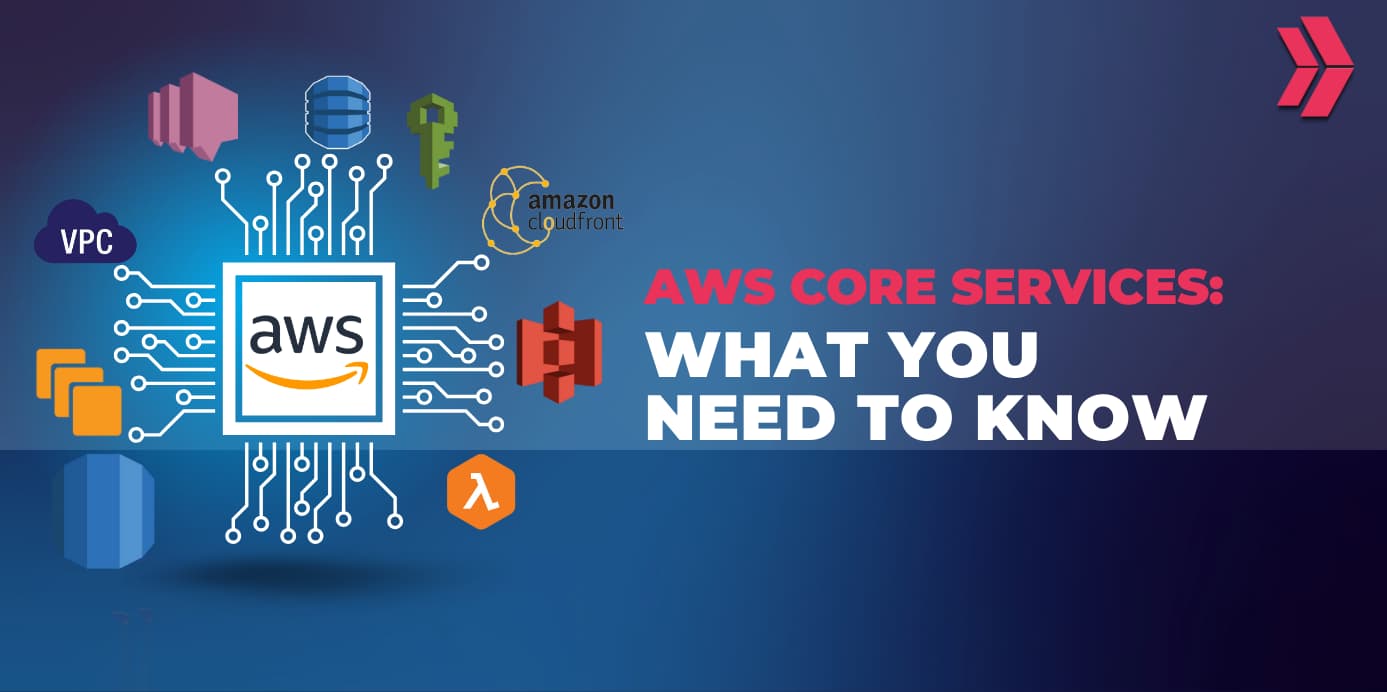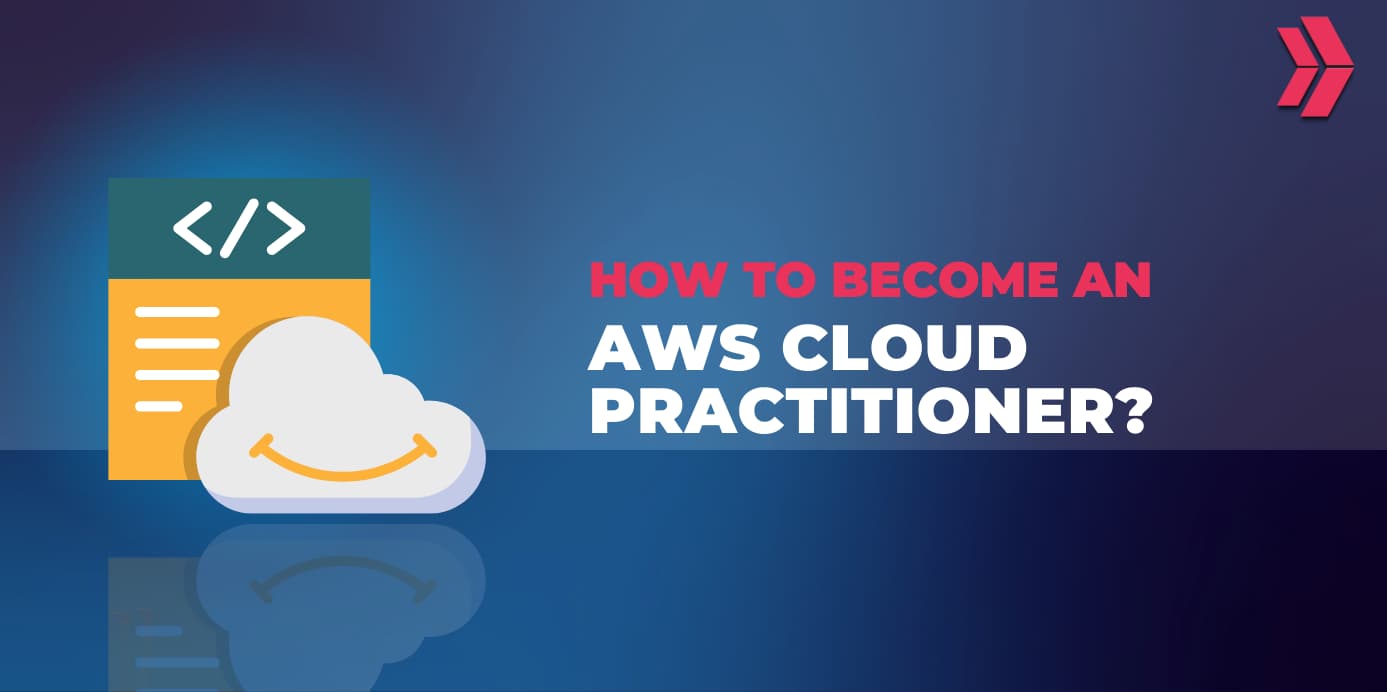Deciding to get an AWS certification is a critical step in your career because it validates your expertise and can significantly enhance your job prospects and career growth in the cloud computing industry. The beneficial news is that AWS certifications do not require any specific prerequisites. However, AWS recommends a certain level of knowledge for each certification. To achieve success, it’s essential to grasp the fundamentals of cloud computing and comprehend the primary services provided by AWS.
To prepare effectively, you should identify which certification aligns with your career goals. AWS certifications cater to various roles, from architects to developers. Utilizing AWS’s official resources, engaging with the community, and participating in courses from reputable institutions can significantly enhance your preparation. With the right approach, achieving AWS certification is within your reach.
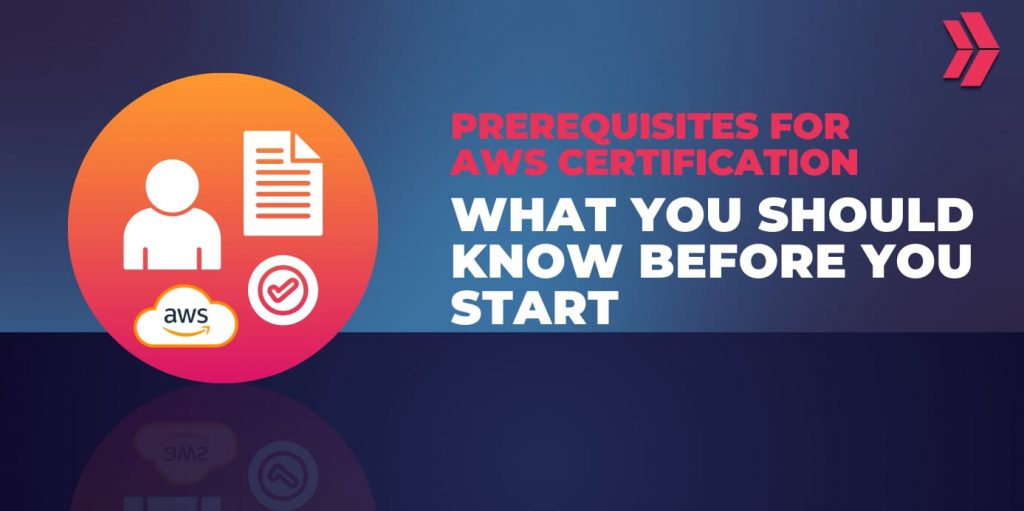
What are the Prerequisites for AWS Certification?
To successfully prepare for AWS Certification, candidates typically need to meet the following prerequisites. Here are the top 4 prerequisites for AWS certification:
- Understanding of IT Fundamentals
- Knowledge of Cloud Computing
- Experience with AWS Services
- Programming Skills
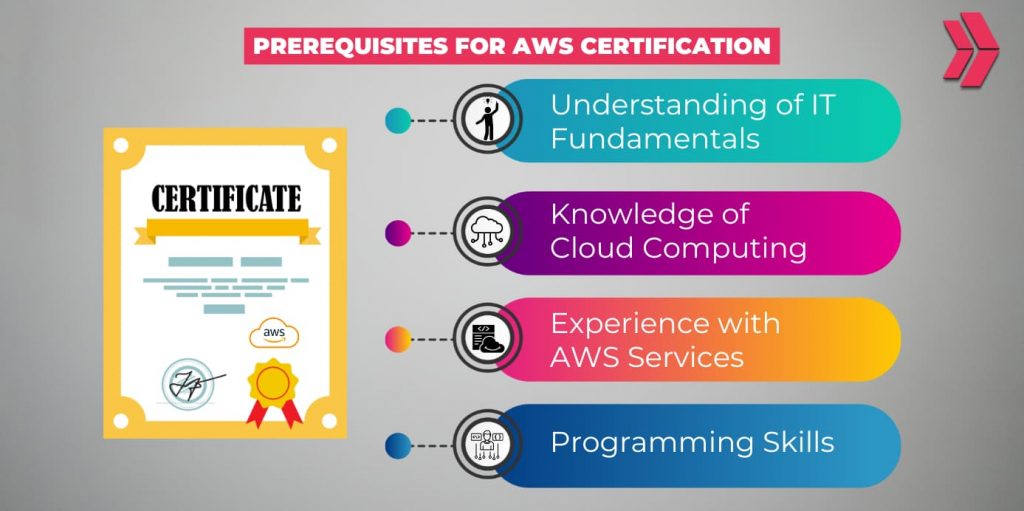
Understanding of IT Fundamentals
A strong grasp of essential IT principles, such as networking, security, and hardware, is essential for working with AWS services. Familiarity with Windows and Linux operating systems will also be beneficial.
Knowledge of Cloud Computing
This includes knowing the advantages of cloud computing, different deployment models, and key services such as IaaS, PaaS, and SaaS. Understanding how cloud computing differs from traditional IT infrastructure will help in leveraging AWS services effectively.
Experience with AWS Services
Practical experience with AWS services is highly recommended. This can be gained through hands-on labs, projects, or working in a role that involves AWS. Possessing knowledge and experience in fundamental AWS services such as EC2, S3, RDS, and Lambda will offer a substantial benefit.
Programming Skills
It is common practice to need fundamental programming knowledge, particularly for positions in the developer or architect fields. The skill to create scripts in different programming languages can be quite beneficial. For more advanced roles, proficiency in programming languages such as Java, .NET, or Node.js may be necessary.
What AWS Certifications are Available?
Foundational, Associate, Professional, and Specialty certificates are the most significant levels of certification that Amazon Web Services (AWS) provides. Each certification level is designed to validate a specific degree of an individual’s experience and knowledge in utilizing AWS services.
Here is a list of AWS certifications categorized by 4 different levels:
Foundational Level AWS Certifications
The Foundational level is the best option for beginners in cloud computing and AWS because they need a fundamental understanding of IT services and their utilization in the AWS Cloud. Here are the foundational AWS certifications:
- AWS Certified Cloud Practitioner
- AWS Certified AI Practitioner
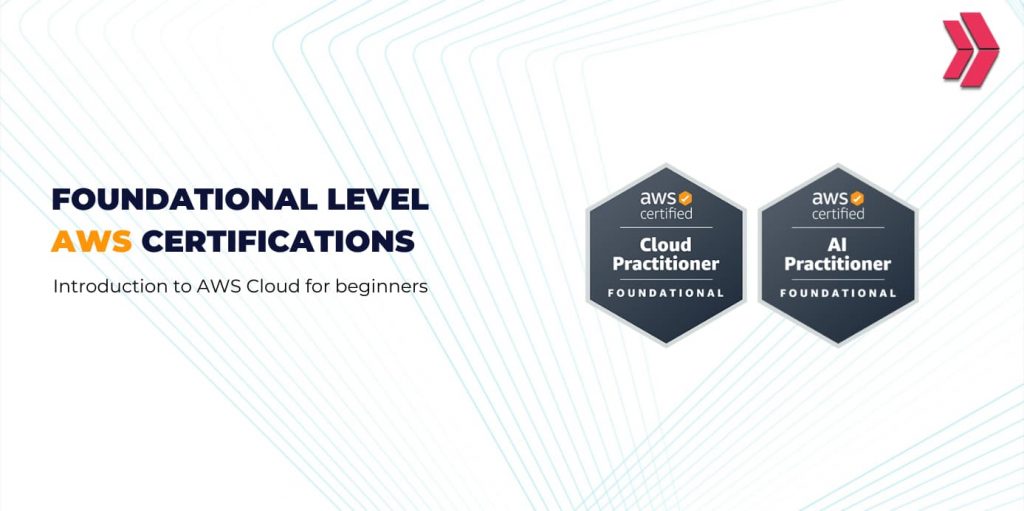
Associate Level AWS Certifications
The Associate level is suited for those with some experience in AWS and cloud computing. It focuses on implementing and deploying AWS services. Here are the associate AWS certifications:
- AWS Certified Solutions Architect – Associate
- AWS Certified Developer – Associate
- AWS Certified SysOps Administrator – Associate
- AWS Certified Data Engineer – Associate
- AWS Certified Machine Learning Engineer – Associate
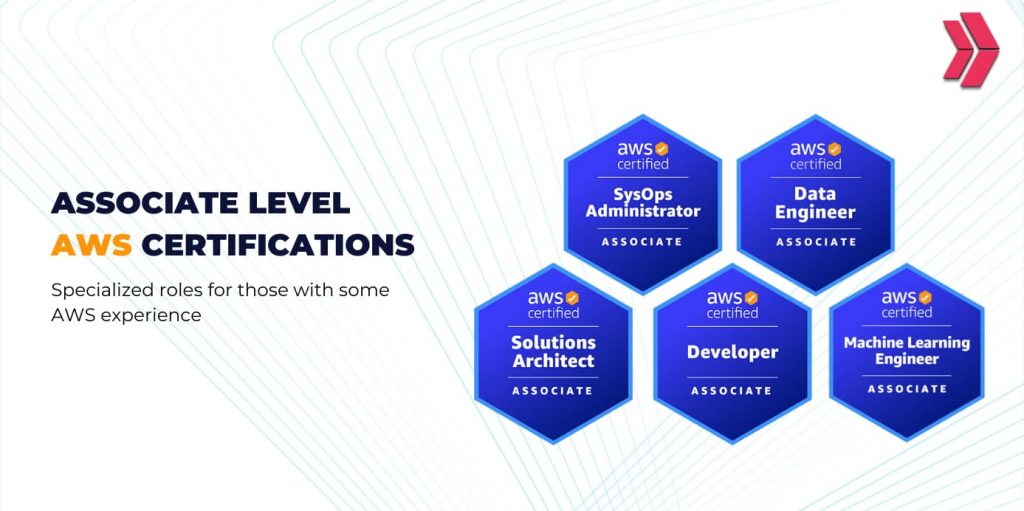
Professional Level AWS Certifications
The Professional level is aimed at individuals with extensive experience in designing and operating AWS systems. These certifications require advanced knowledge and skills.
- AWS Certified Solutions Architect – Professional
- AWS Certified DevOps Engineer – Professional
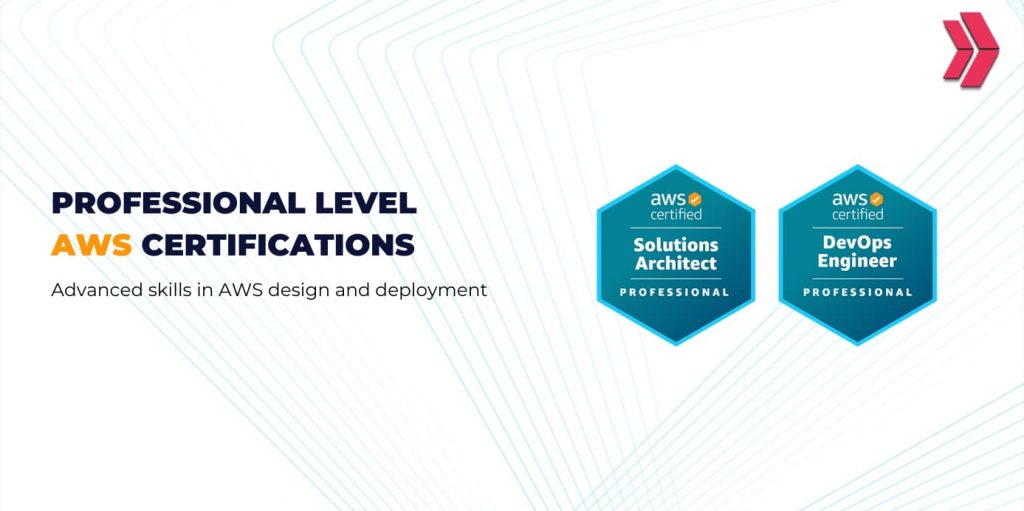
Specialty Level AWS Certifications
Specialty certifications are aimed at individuals with in-depth expertise in particular technical domains. These certifications validate expertise in advanced skills.
- AWS Certified Advanced Networking – Specialty
- AWS Certified Security – Specialty
- AWS Certified Machine Learning – Specialty
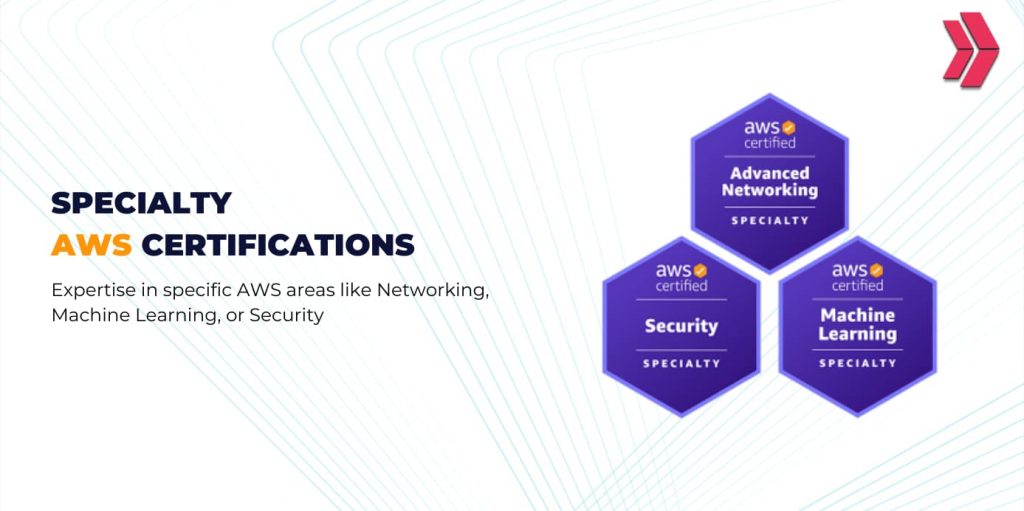
What are the Prerequisites Required for Each of the AWS Certifications?
Although there are no rigid prerequisites for AWS certifications, each level requires specific knowledge and experience. For example, foundational-level certifications demand a basic knowledge of the cloud and AWS services. In contrast, advanced certifications such as AWS Certified Solutions Architect or AWS Certified DevOps Engineer require substantial AWS experience and technical expertise.
Now, let’s examine the prerequisites for each AWS certification.
What are the prerequisites for AWS Cloud Practitioner Certification?
The AWS Cloud Practitioner certification has no strict prerequisites, but it’s recommended to have a basic understanding of the following about cloud and AWS concepts:
- Basic understanding of IT services and their uses in the AWS Cloud.
- General IT technical knowledge.
- Familiarity with the AWS platform.
These fundamental skills will provide a strong basis for successfully obtaining the AWS Cloud Practitioner Certification and advancing your cloud expertise.
What are the prerequisites for AWS Solutions Architect Associate Certification?
Here are the prerequisites for AWS Solutions Architect Associate Certification:
- One year of hands-on experience designing available, cost-efficient, fault-tolerant, and scalable distributed systems on AWS.
- In-depth knowledge of at least one high-level programming language.
- Understanding of AWS services and how to apply them in practice.
The AWS Solutions Architect Associate Certification requires a foundational knowledge of AWS services, cloud computing, and a minimum of one year of actively working on creating efficient, resilient, and expandable systems using AWS.
What are the prerequisites for AWS SysOps Administrator Associate Certification?
For the AWS SysOps Administrator Associate Certification, candidates should have the following:
- At least one year of hands-on experience with AWS.
- Experience in a systems administrator role managing and operating systems on AWS.
- Understanding of networking concepts, security, and compliance (preferred).
With these prerequisites in place, you’re well-prepared to pursue the AWS SysOps Administrator Associate Certification, which validates your skills in managing and operating AWS environments effectively.
What are the prerequisites for AWS Developer Associate Certification?
To obtain the AWS Developer Associate Certification, candidates should meet the following requirements:
- At least one year of hands-on experience with AWS.
- Strong understanding of at least one programming language.
- Familiarity with core AWS services.
- Understanding of fundamental best practices for AWS architecture.
- Experience in developing, deploying, and debugging cloud-based applications.
- Proficiency in maintaining AWS-based applications.
With these prerequisites fulfilled, you’ll be well-prepared to pursue the AWS Developer Associate Certification, which validates your ability to build and maintain cloud-based applications on AWS.
What are the prerequisites for AWS Certified Data Engineer – Associate?
The ideal candidate should meet the following criteria:
- 2-3 years of experience in data engineering.
- 1-2 years of hands-on expertise with Amazon Web Services (AWS).
- Ability to set up and maintain ETL pipelines.
- Proficiency in applying high-level, language-agnostic programming concepts.
- Experience with source control using Git.
- Knowledge of storing data in data lakes.
- Basic understanding of networking, storage, and computing fundamentals.
What are the prerequisites for AWS Certified Solutions Architect – Professional?
Candidates seeking the AWS Certified Solutions Architect – Professional certification should meet the following criteria:
- At least two years of hands-on experience building and deploying cloud architecture on AWS.
- Familiarity with AWS CLI, AWS APIs, AWS Management Console, scripting languages, and Windows and Linux environments.
- Ability to assess cloud application requirements and provide architectural recommendations for implementing, deploying, and provisioning apps on AWS.
- Thorough understanding of developing hybrid architectures using key AWS technologies like VPN and AWS Direct Connect.
- Experience with integrating continuous integration and deployment procedures.
Once you’ve met these prerequisites, you’ll be ready to take on the AWS Solution Architect Professional Certification, demonstrating your ability to create sophisticated and resilient cloud solutions on AWS
What are the prerequisites for AWS DevOps Engineer Professional Certification?
To qualify for the AWS DevOps Engineer Professional Certification, candidates should meet the following requirements:
- A minimum of two years of experience in setting up, operating, and managing AWS environments.
- Strong knowledge of automation, scripting, and at least one programming language.
- Expertise in continuous integration and continuous delivery (CI/CD) methodologies and tools.
- Experience in developing highly automated infrastructures.
With these prerequisites in place, you’ll be fully equipped to pursue the AWS DevOps Engineer Professional Certification, showcasing your ability to build and manage highly automated AWS infrastructures.
How To Prepare For An AWS Certification Exam?
Preparing for an AWS Certification exam involves a thorough understanding of the exam objectives, hands-on practice, and utilizing available resources such as official AWS documentation and study guides. Engaging with the AWS community and solving similar exams can be highly beneficial. For more detailed information, check out our blog article “How To Prepare For An AWS Certification Exam”.
Conclusion
Achieving AWS certification can significantly boost your career by validating your cloud expertise. Whether you are just starting or looking to specialize in a particular area, there is a certification path for you. With the right preparation and resources, you can achieve your certification goals.Before embarking on your certification journey, it’s essential to understand the prerequisites, including basic knowledge of cloud computing and familiarity with AWS services. An AWS and DevOps course can significantly help you meet these prerequisites. It provides foundational knowledge of cloud computing and AWS infrastructure, covering key topics such as infrastructure as code, continuous integration, continuous delivery (CI/CD) pipelines, monitoring and logging, and security best practices.


